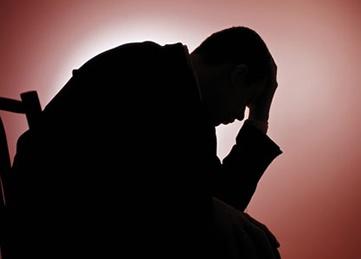By Dewan Farhana

Depression can be present in many forms and often occurs at the hormonal level. It is usually due to a chemical imbalance in the brain. Because depression is most often a physiological problem it is important to reach out to a medical professional for help. It is a condition that we may not be able to control until we are treated with therapy, medication, or a combination of both.
According to PubMed, the causes of depression can be:
- Alcohol or drug abuse
- Life events or situations, such as: breaking up with a boyfriend or girlfriend, failing a class, illness or death in the family, or parents divorcing (for adolescents)
- Childhood events, such as abuse or neglect
- Divorce, death of a friend or relative, or loss of a job (for adults)
- Social isolation (common in the elderly)
- Medical conditions such as hypothyroidism (underactive thyroid), medications (such as sedatives and high blood pressure medications), cancer, major illness, or prolonged pain
- Sleeping problems
PubMed lists these as the signs of someone who is depressed:
- Agitation, restlessness, and irritability
- Dramatic change in appetite, often with weight gain or loss
- Extreme difficulty concentrating
- Fatigue and lack of energy
- Feelings of hopelessness and helplessness
- Feelings of worthlessness, self-hate, and inappropriate guilt
- Inactivity and withdrawal from usual activities, a loss of interest or pleasure in activities that were once enjoyed (such as sex)
- Thoughts of death or suicide
- Trouble sleeping or excessive sleeping
- There are various therapy and medical treatments that are available to help people return to a normal and enjoyable life, make use of them.
If you are not interested in “western medicine,” below is a site where you can find more information about natural ways of stopping depression, helping you achieve a happier mind and fulfilled soul:
http://www.pickthebrain.com/blog/stop-feeling-depressed/










